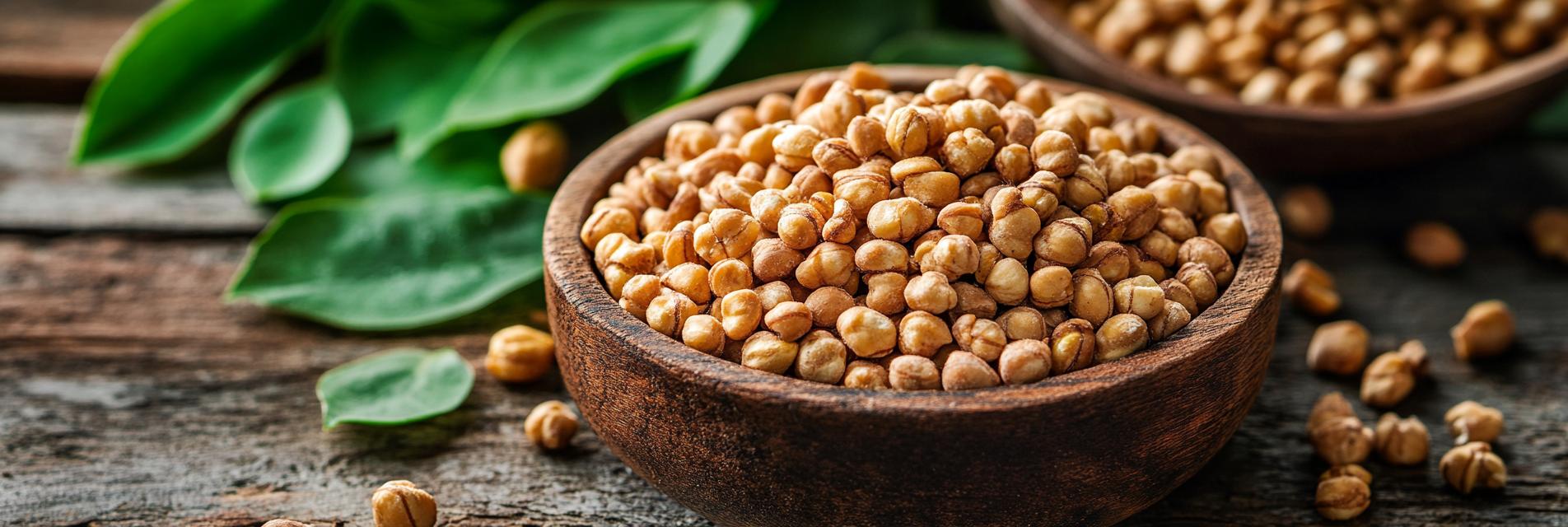As a professional in the oilseed industry, I often reflect on the pressing challenge of achieving sustainable development. The interplay between environmental conservation and economic advancement is crucial. Today’s consumers are increasingly concerned about the environmental impact of oilseed production, prompting a need for practices that not only ensure profitability but also safeguard our ecosystems.
To address these challenges, several strategies can be employed:
Implementing precision agriculture technologies can significantly enhance resource efficiency. Techniques such as crop rotation and cover cropping not only improve soil health but also reduce dependency on chemical fertilizers.
Establishing stringent environmental standards and certifications fosters accountability within the industry. By adhering to these frameworks, producers can demonstrate a commitment to sustainability that resonates with environmentally conscious consumers.
Investing in renewable energy sources and sustainable practices can stimulate economic growth. By diversifying production and embracing circular economy principles, the oilseed industry can thrive while minimizing its ecological footprint.

In conclusion, advocating for sustainable development within the oilseed industry requires a multi-faceted approach. By focusing on innovative agricultural practices, adhering to environmental standards, and fostering economic growth, we can cultivate a more sustainable future. The journey toward sustainability is rigorous but essential, ensuring both our industry’s longevity and the health of our planet.

